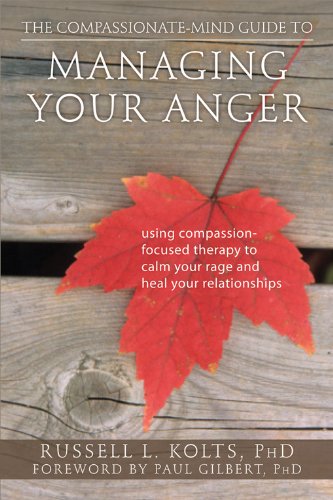Anger is an emotion that could be considered toxic and arises from the perception of a threat and a danger, its evolutionary objective is to motivate us to fight what can harm us and even end our lives, besides, like all emotions, if it is well regulated, it contains a lot of energy that we can use for our benefit.
It usually manifests itself in tension in the muscles and jaw, rapid palpitations of the heart, sweating and, above all, a deep sense of injustice or taking advantage of us in one way or another.
- Usually.
- When we meet someone who feels irritated.
- We judge him in a negative way.
- Raise a defensive barrier and even face him.
- With this behavior we reflect that we understand very well the destructive power of this emotion.
- We know that in addition to receiving the damage caused by this anger.
- We run the risk of infecting ourselves and entering a spiral of escalation with the other.
Whether with a client, with our brother or partner, anger is one of the emotions that can most test our ability to regulate emotions. Is it too easy for any gesture or? It increases its intensity, so that we end up losing control and firing the person who least deserves it.
The answer is no. Anger does not solve any problems, at least one that requires a quick reaction because our existence is compromised. If this is the case, anger requires a large dose of energy to react quickly and strongly to this threat.
But is something like this likely to happen today? Today we feel angry because we demand that everything work as we would like: the people around us and our people, and it is simply an illusion that will never come true. We can say that in most situations where we feel rage, there is no great danger to us, it is our mind that disguises the small threats of giants.
Think that this anger is trying to get you to put all your resources into action and act against the problem, but it turns out that the problem is not a problem in itself, it’s just life, reality, and against that there are many. No one can go through brute force?Change what happened, happens or is going to happen.
There are also, as we have said before, that when we see an angry person, especially if it is addressed to us, we defend ourselves. A defense that often consists of expressing our anger on the basis that “this person should not”.
Understanding is an excellent vaccine against the harm we suffer when exposed to the wrath of others, if we think that the angry person is unaware and is acting under the spell of the emotion that invades him, it will be easier to keep our anger under control and we can even intervene to calm him down.
If we think so, putting aside absolutist demands, it will be impossible to get mad at that person. Contrary to what we may believe, if we are able to change our thoughts, we will begin to feel compassion for that person.
Obviously, in order to think like this, we have to rely on good reserves of self-esteem – not the ego – and be very sure, it is the only way not to feel threatened too, to let go of pride and to act with love towards those who intend to hurt us and do so without bad intentions.
I know you think it’s a conformist attitude and no one should be trampled on, and you may be right, but only partially. Assertiveness, the ability to set limits and express our rights without harming others, is the choice of adaptation that we can choose when someone is causing us pain. To think of assertiveness as an action guided by our conscience and with which we protect our position without harming the other, has nothing to do with an instinctive and disproportionate reaction.
Then, when you see the anger around you, try to process this information beyond the defensive position you’re inclined to take. If you realize he’s bigger than you and you can’t help that angry person, you better get out of the situation. situation before they surprise you. He thinks that having multiple people acting without measuring the consequences of what they do is one of the ‘explosives’ that causes the most damage.
In conclusion, we would like to differentiate between acting with anger and not acting, we refer specifically to situations of abuse, in them, despite all the acts of the wrongdoer under the influence of anger and as victims that we can understand, we are obliged to denounce it out of respect for ourselves and all those who could be his potential victims, including him , so you can get help.

